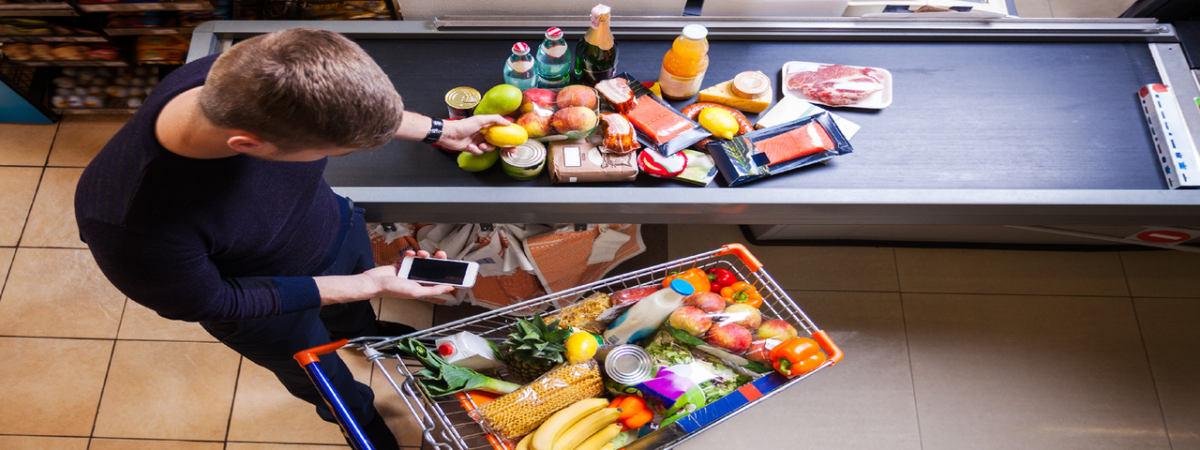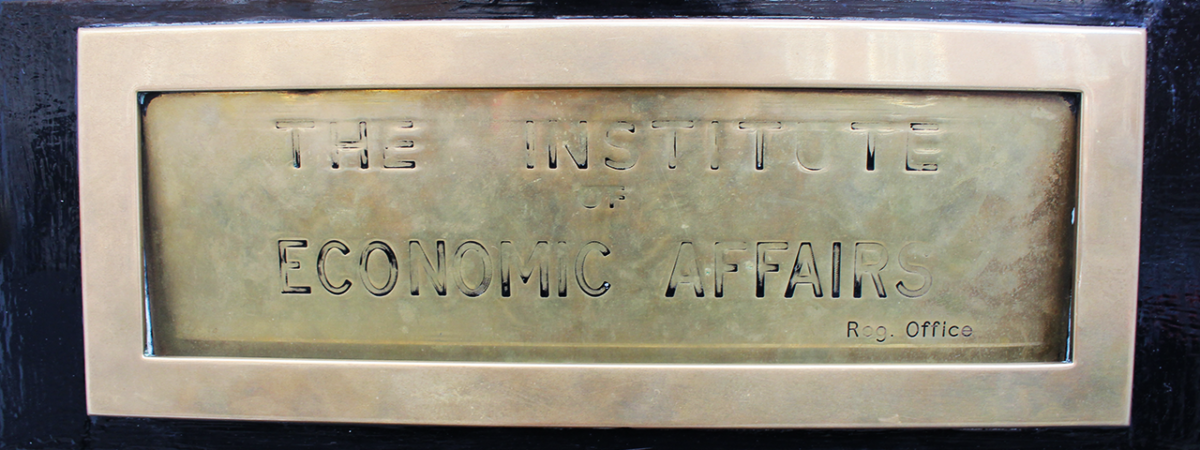Chaos at UK ports would wreck supply chains
SUGGESTED

The IEA responds to the Obesity Health Alliance call to ban food products

IEA opens new education centre in collaboration with the University of Buckingham

IEA release report on the effect of a "No-Deal" Brexit on UK ports
These short briefings look at a particular warning about the impact of leaving the EU without a deal, assess the problem, and outline what can be done to fix it.
The latest briefing examines the claim that a no-deal scenario would result in chaos at UK ports, threatening supply chains and creating long delays at critical bottlenecks, such as Dover.
Author of the briefing Julian Jessop – Head of the IEA’s Brexit Unit –highlights how these fears assume that a significant proportion of lorries coming from the UK would be subject straightaway to the same checks as those from non-EU countries. This is unlikely, for legal, economic, and practical reasons:
- There is no legal requirement for mass checks at the border, especially as exports from both sides will still be made to the same standards immediately after the UK’s departure from the EU
- It is in the EU’s economic interest, as well as the UK’s, to minimise any additional delays in transporting goods across the border
- Neither the UK nor the EU has the physical infrastructure, or enough officials, to do mass-checks of vehicles and the products they transport
Proposed solutions:
- While the EU has continued to take a tough line on road transport, an important precedent has been set EU by the reciprocal offer to the UK in respect of air traffic rights and the validity of aviation safety certificates in the case of a no-deal scenario. A similar solution could be found if existing rules on road transport would significantly disrupt trade from which both parties derive large economic benefits
- Border delays could be reduced in future by the sort of ‘maximum facilitation’ (MaxFac) proposals that many have already suggested as a means of reducing the costs of customs clearance
- Leaving the EU on WTO terms could prove to be an alternative stepping stone to a comprehensive free trade agreement that would keep any additional frictions to a minimum
There is a real chance that the UK will leave the EU in March 2019 without the ‘withdrawal agreement’ anticipated in Article 50. Membership of the Single Market and Customs Union would then be replaced with trading on World Trade Organisation terms. Many other arrangements that currently govern relations between the UK, the EU, and the rest of the world could also come to an abrupt end.
The prospect of this has prompted another surge of warnings about potentially devastating impacts on the economy, security and welfare of the UK. Some of these warnings contain elements of truth and need to be taken seriously. But almost all describe scenarios that are very unlikely to happen in practice, because steps can still be taken to avoid them.
The Fear-Checker briefings are written to give a sensible assessment of the dangers involved in a ‘no deal’ scenario, and the preparations that should be made to minimise them.
Commenting on the briefing, Julian Jessop, Chief Economist and Head of the Brexit Unit at the Institute of Economic Affairs said:
“Fears that a ‘no deal’ Brexit would cause chaos at UK ports are exaggerated. In reality, there are strong legal, economic and practical reasons why only a small number of vehicles would be subject to additional checks at the border.”
Notes to editors:
For media enquiries please contact Nerissa Chesterfield, Head of Communications: nchesterfield@iea.org.uk 07791 390 268
The IEA’s no-deal Fear-Checkers are written by various authors who had different perspectives on the 2016 European Union Referendum.
The IEA does not have a single corporate view on Brexit and these briefings are not intended to promote one model over another.
Download the IEA’s Fear-Checker briefings here.
The mission of the Institute of Economic Affairs is to improve understanding of the fundamental institutions of a free society by analysing and expounding the role of markets in solving economic and social problems and seeks to provide analysis in order to improve the public understanding of economics.
The IEA is a registered educational charity and independent of all political parties.



